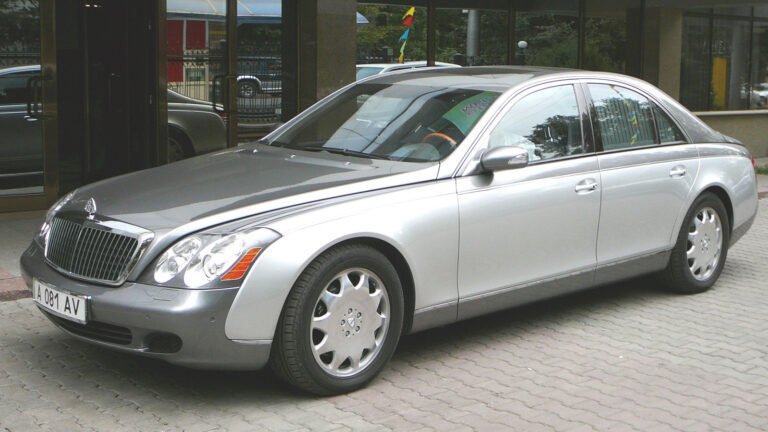Bioweg has closed a €16 million ($19 million) Series A round to scale up its bio-ingredients business and construct a new manufacturing facility.
The Germany-based company uses precision fermentation to convert food industry side streams from potato, beer, and sugar production into bacterial cellulose, which can replace microplastic ingredients in cosmetics, personal care items, and crop protection products.
Microplastics in everyday items are typically synthetic polymers added to make products more durable, enhance textures (e.g., smoothness), and provide visual elements like “shine” and “glow.” In the case of agriculture, many seed coatings are made of these microplastics.
Research suggests that these plastic particles never go away. Instead, they just break down into smaller particles that infiltrate waterways and the human body. Hence the search for bio-based alternatives such as those Bioweg is developing.
While bacterial cellulose isn’t meant to replace every fossil-based polymer, it can act as a one-to-one substitute for some of the most widely used ones in everyday products, says Bioweg CEO and cofounder Dr Prateek Mahalwar.
“Our technology directly replaces AMPS [airborne microplastics], acrylic polymers, PMMA [Poly(methyl methacrylate) (Acrylic)] and nylon 6/12 powders materials that today end up as persistent microplastics in soils and waterways,” he tells AgFunderNews.
The advantage of bacterial cellulose in cosmetics, home care, and crop protection, he says, is that it provides the same level of performance as a rheology modifier or micropowder while being fully biodegradable.
Bioweg currently has a few different products to illustrate this, including MicBead, a customizable micropowder with properties like spreadability and high oil absorption, and a rheology modifier.
For the food industry, its bio-based hydrocolloid product can do the job of Xantham gum or Carrageenan, and can improve textures and mouthfeels in products like plant-based meats, the company claims.
“In agriculture, we also apply bacterial cellulose in formulation formats, where it serves as a functional polymer in coatings and controlled-release systems,” notes Mahalwar.
These products are currently available in some markets, he adds.
“Our MicBeads micropowders for replacing solid microplastics in cosmetics are commercially available. Our cellulose-based rheology modifier (RheoWeg/RW100) is available for customer programs and commercial supply from our current production, with larger volumes to follow from our German facility once commissioned.”
New industrial-scale facility in the works
The new funding, led by Axeleo Capital’s Green Tech Industry Fund, brings Bioweg’s total funding to date to €22 million ($26 million).
The EIC Fund, NBank Capital, BonVenture, and seed investor Dr.-Ing. Frank Jenner also joined the Series A round.
Bioweg says the capital will enable it to step up from pilot- to industrial-scale production of its bacterial cellulose thanks to construction of the industrial facility in Germany it will co-locate with “a major sugar producer in Germany to secure feedstock synergies and lower operating costs.”
The company also operates a pilot plant production site in Quakenbrück that produces up to six tonnes of bacterial cellulose annually, and a material science, formulation and applications lab in Monheim within Bayer Crop Science’s campus.
The funding will also go towards upgrading the Quakenbrück pilot line “to serve near-term customer orders during construction, while expanding commercial, regulatory and production teams to further expand into the European market.”
“The biggest challenge in scaling up this technology is that it is a first-of-a-kind (FOAK) process, which means we cannot simply rely on a contract manufacturer to produce it at scale,” notes Mahalwar. “Building our own facility requires significant capital investment (CAPEX) and naturally carries the risks associated with any FOAK industrial project.”
However, he adds that Bioweg is managing these risks “by assembling a world-class team, working closely with the German biotech ecosystem at CLIB, and engaging directly with our clients to ensure that the scale-up is aligned with real market needs.”
The post Bioweg lands $19m Series A to replace microplastics with bio alternatives in everyday items appeared first on AgFunderNews.



